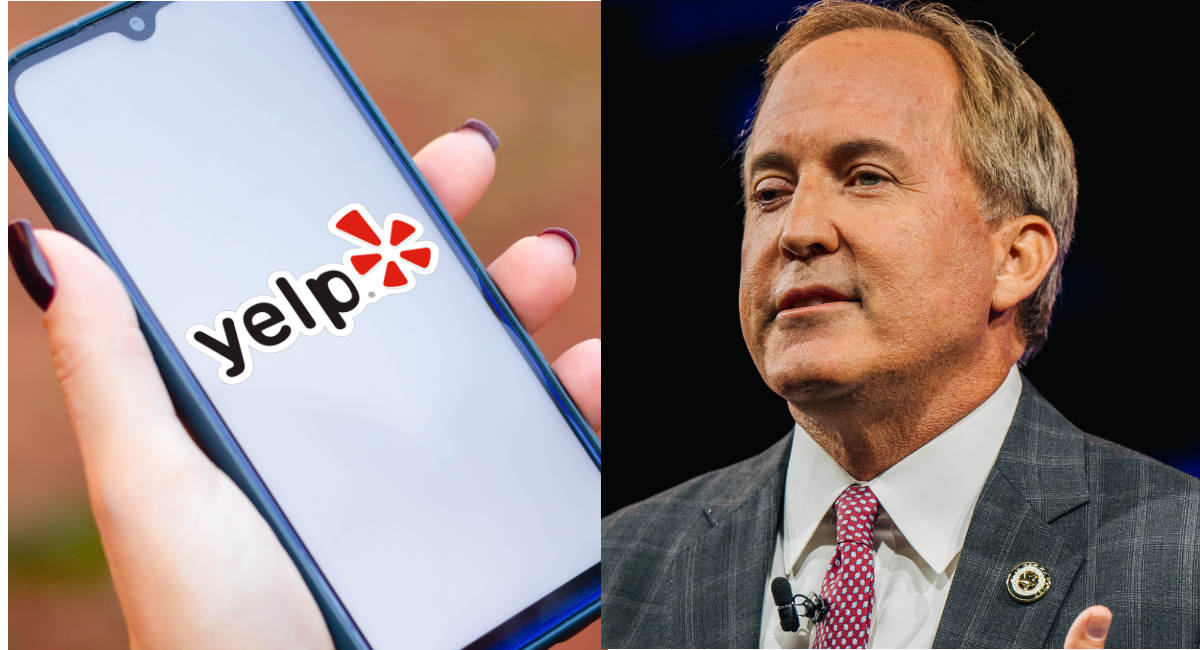The state of Texas filed a lawsuit against Yelp in September, accusing the popular online business review website of spreading misinformation and misleading consumers about pro-life pregnancy centers.
Texas Attorney General Ken Paxton sued Yelp, Inc. after it posted notices on its site claiming that pregnancy centers provide limited medical services. According to Reuters, Paxton accused Yelp of violating a Texas law against unfair business practices.
Paxton’s lawsuit came a day after Yelp sued him in San Francisco federal court in an attempt to prevent his lawsuit. Yelp claimed its notice about pregnancy centers is accurate and that it is protected by free speech under the Constitution.
The notice in question was posted on Yelp pages for pregnancy centers beginning in August of 2022, and stated, “This is a Crisis Pregnancy Center. Crisis Pregnancy Centers typically provide limited medical services and may not have licensed medical professionals onsite.”
Paxton said that the notice is misleading because it is posted on all pregnancy center Yelp pages, even those that do have licensed medical professionals onsite. Yelp changed the notices to state that pregnancy centers “do not offer abortions or referrals to abortion providers.”
In the lawsuit, Paxton said: “Defendant’s misrepresentations and failure to disclose the presence of licensed medical professionals at pregnancy resource centers dissuaded consumers from visiting these clinics in favor of clinics that perform abortion services.”
The Charlotte Lozier Institute has documented the positive impact pregnancy help centers have had on the public. It found that in 2021, there were approximately 3,000 pregnancy center locations throughout the U.S., including medical mobile units as separate locations. Data from 2019 revealed that pregnancy centers served close to 2 million people with free services and material assistance that had a total value of more than $266 million.
Pro-life pregnancy centers offer free pregnancy tests, free ultrasounds, STD testing, STD treatment, prenatal and parenting education classes, post-abortion support, abortion pill reversal, material support such as baby gear, diapers, clothing, car seats, and strollers, as well as housing and assistance with securing healthcare and meeting educational goals. It is reported that 25% of pregnancy center staff are licensed medical professionals; more than 10,000 licensed medical professionals are involved with pregnancy centers.








